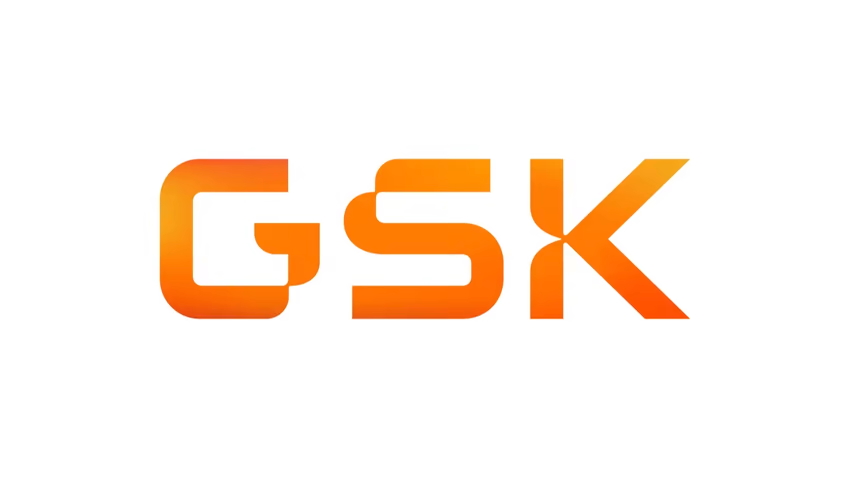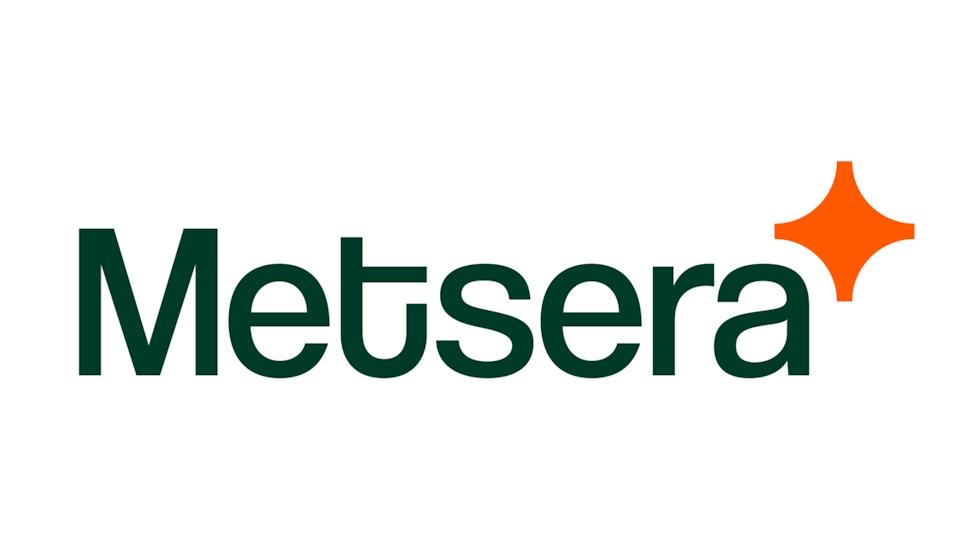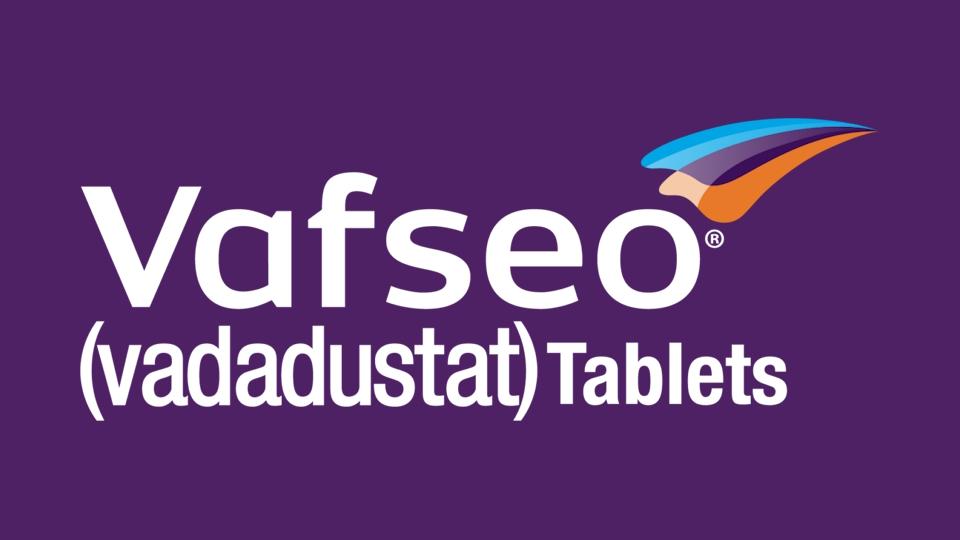GSK shelves arthritis blockbuster hope otilimab after lacklustre data

GSK has said it will not be able to move ahead with regulatory filings for otilimab as a treatment for rheumatoid arthritis (RA), after it failed to show the desired level of efficacy in two phase 3 trials. The phase 3 clinical programme, named ContRAst, was the first in RA to include head-to-head comparisons of otilimab with current treatments, hoping to build a niche for otilimab among hard-to-treat patients who have an inadequate response to or cannot tolerate available drugs. The antibody – which targets granulocyte-macrophage colony-stimulating factor (GM-CSF) – did show efficacy in the ContRast-1 and ContRast-2 studies, working better than placebo at reducing symptoms of RA in patients who did not respond to conventional disease-modifying antirheumatic drugs (DMARDs), like methotrexate. However, GSK was looking for a greater level of activity in the two trials, which compared the drug to Pfizer's JAK inhibitor Xeljanz (tofacitinib) and Sanofi/Regeneron's IL-6-targeting antibody Kevzara (sarilumab), both widely used in RA. "The limited efficacy demonstrated does not support a suitable benefit/risk profile for otilimab as a potential treatment for RA," said the company in a statement that confirmed it would not be pressing ahead with filings. It's a disappointing outcome for a programme that GSK said in 2021 could potentially generate £1 to £2 billion in peak sales because of the serious unmet need in RA patients. Despite the large number of treatments available for RA, around 40% of patients on a biologic still report daily pain, prompting them to switch between therapies in a bid to find relief, and only around a third achieve remission with current drugs. GSK licensed otilimab from German biotech MorphoSys in 2013 in a deal valued at up to €423 million, including around €23 million upfront. Daprodustat backed There has been somewhat better news for GSK for another of its top pipeline prospects – renal anaemia drug daprodustat – although that also came with disappointment. An FDA advisory panel yesterday voted 13 to 3 to recommend approval of daprodustat to treat anaemia caused by chronic kidney disease (CKD) in adult patients on dialysis, but by 11 to five against approval for patients not on dialysis. GSK has filed for FDA approval of daprodustat based on its ASCEND phase 3 programme, which included five trials across both dialysis and non-dialysis patients and showed that the drug offered an oral alternative to injectable erythropoietin stimulating agents (ESAs) for anaemia, without sacrificing efficacy. The programme included two phase 3 trials – ASCEND-D in dialysis patients and ASCEND-ND in non-dialysis patients – which both showed efficacy in increasing haemoglobin levels. However, panellists express concerns about the risk-to-benefit balance of daprodustat in the less sick group, given that the drug is linked to side effects including hospitalisations for heart failure, gastric erosions, and cardiovascular complications. Two other drugs in the same HIF-PHI class have already been turned down by the FDA, namely FibroGen and AstraZeneca's roxadustat and Akebia's vadadustat, mainly on safety concerns, so the recommendation for approval in dialysis patients is a plus for GSK. The non-dialysis segment is, however, a key part of GSK's hopes of £500 million to £1 billion in peak sales for the drug. Daprodustat has already been approved by the regulatory authority in Japan, where it is marketed as Duvroq, while roxadustat has also been cleared in Europe and Japan as Evrenzo.













